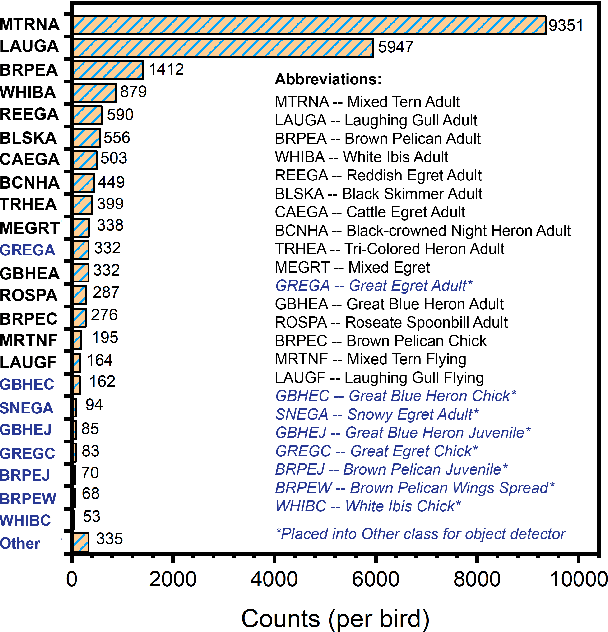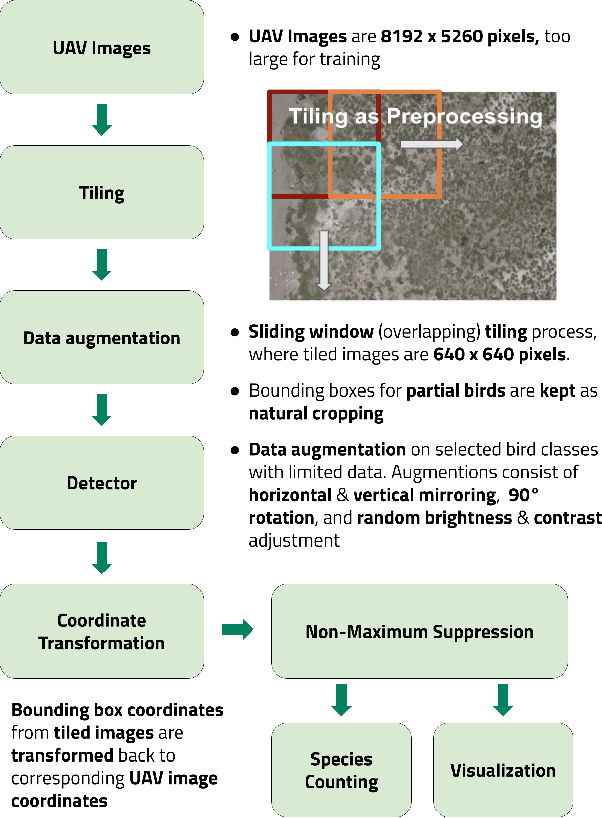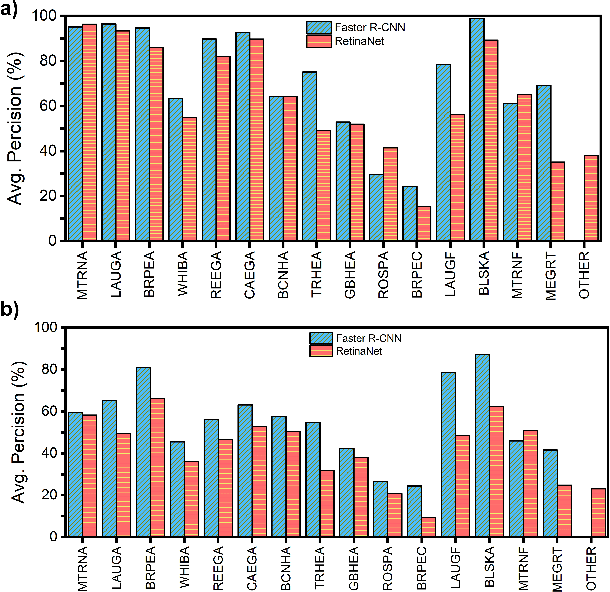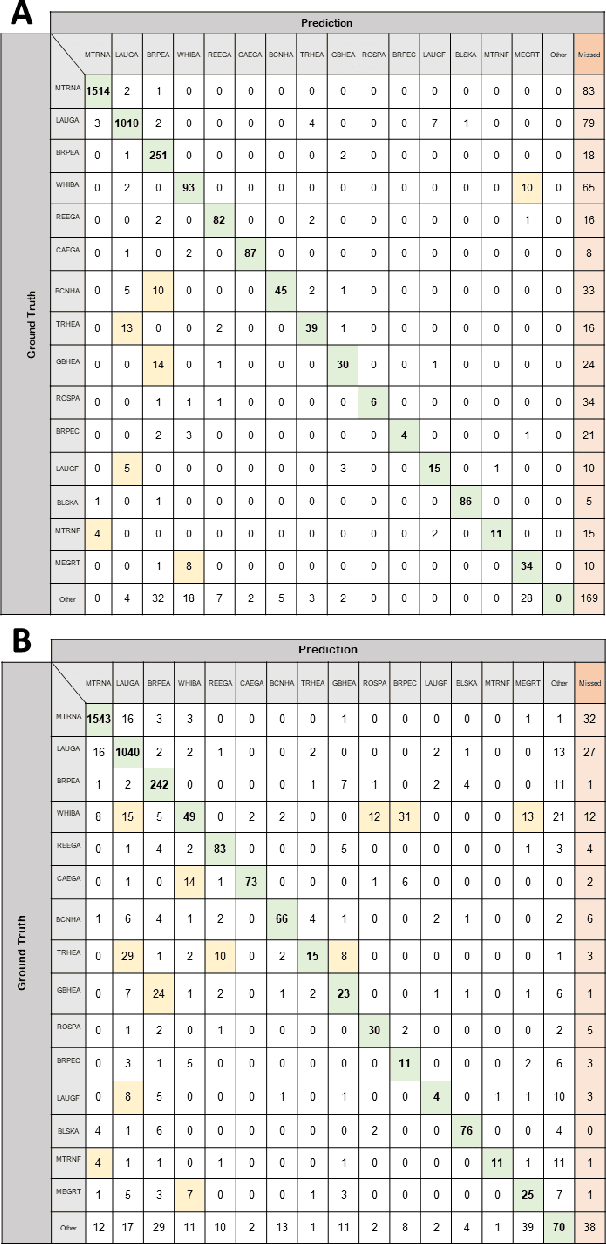Alexander Xiong
VMDT: Decoding the Trustworthiness of Video Foundation Models
Nov 07, 2025Abstract:As foundation models become more sophisticated, ensuring their trustworthiness becomes increasingly critical; yet, unlike text and image, the video modality still lacks comprehensive trustworthiness benchmarks. We introduce VMDT (Video-Modal DecodingTrust), the first unified platform for evaluating text-to-video (T2V) and video-to-text (V2T) models across five key trustworthiness dimensions: safety, hallucination, fairness, privacy, and adversarial robustness. Through our extensive evaluation of 7 T2V models and 19 V2T models using VMDT, we uncover several significant insights. For instance, all open-source T2V models evaluated fail to recognize harmful queries and often generate harmful videos, while exhibiting higher levels of unfairness compared to image modality models. In V2T models, unfairness and privacy risks rise with scale, whereas hallucination and adversarial robustness improve -- though overall performance remains low. Uniquely, safety shows no correlation with model size, implying that factors other than scale govern current safety levels. Our findings highlight the urgent need for developing more robust and trustworthy video foundation models, and VMDT provides a systematic framework for measuring and tracking progress toward this goal. The code is available at https://sunblaze-ucb.github.io/VMDT-page/.
MMDT: Decoding the Trustworthiness and Safety of Multimodal Foundation Models
Mar 19, 2025Abstract:Multimodal foundation models (MMFMs) play a crucial role in various applications, including autonomous driving, healthcare, and virtual assistants. However, several studies have revealed vulnerabilities in these models, such as generating unsafe content by text-to-image models. Existing benchmarks on multimodal models either predominantly assess the helpfulness of these models, or only focus on limited perspectives such as fairness and privacy. In this paper, we present the first unified platform, MMDT (Multimodal DecodingTrust), designed to provide a comprehensive safety and trustworthiness evaluation for MMFMs. Our platform assesses models from multiple perspectives, including safety, hallucination, fairness/bias, privacy, adversarial robustness, and out-of-distribution (OOD) generalization. We have designed various evaluation scenarios and red teaming algorithms under different tasks for each perspective to generate challenging data, forming a high-quality benchmark. We evaluate a range of multimodal models using MMDT, and our findings reveal a series of vulnerabilities and areas for improvement across these perspectives. This work introduces the first comprehensive and unique safety and trustworthiness evaluation platform for MMFMs, paving the way for developing safer and more reliable MMFMs and systems. Our platform and benchmark are available at https://mmdecodingtrust.github.io/.
Deep object detection for waterbird monitoring using aerial imagery
Oct 10, 2022



Abstract:Monitoring of colonial waterbird nesting islands is essential to tracking waterbird population trends, which are used for evaluating ecosystem health and informing conservation management decisions. Recently, unmanned aerial vehicles, or drones, have emerged as a viable technology to precisely monitor waterbird colonies. However, manually counting waterbirds from hundreds, or potentially thousands, of aerial images is both difficult and time-consuming. In this work, we present a deep learning pipeline that can be used to precisely detect, count, and monitor waterbirds using aerial imagery collected by a commercial drone. By utilizing convolutional neural network-based object detectors, we show that we can detect 16 classes of waterbird species that are commonly found in colonial nesting islands along the Texas coast. Our experiments using Faster R-CNN and RetinaNet object detectors give mean interpolated average precision scores of 67.9% and 63.1% respectively.
 Add to Chrome
Add to Chrome Add to Firefox
Add to Firefox Add to Edge
Add to Edge